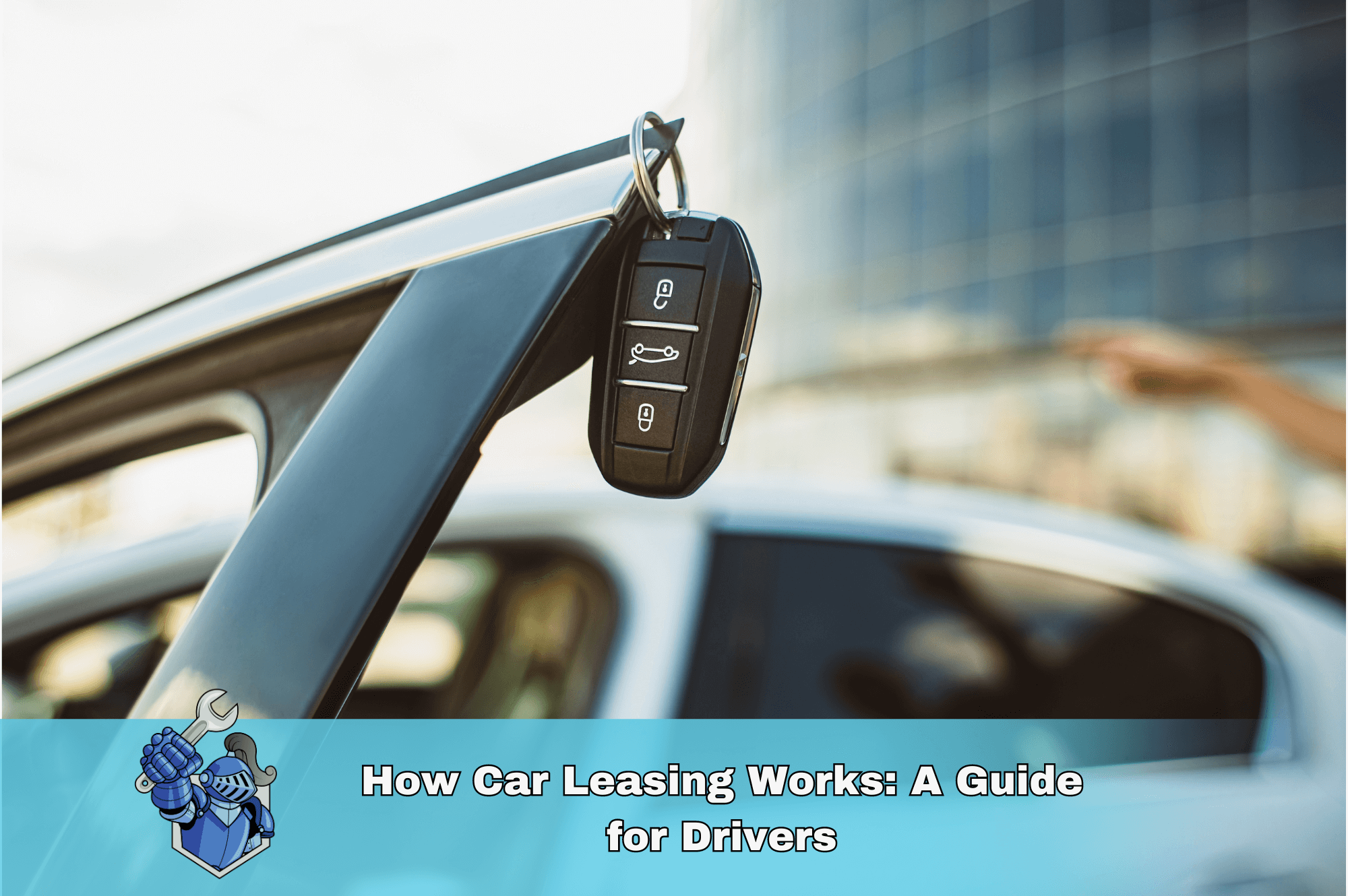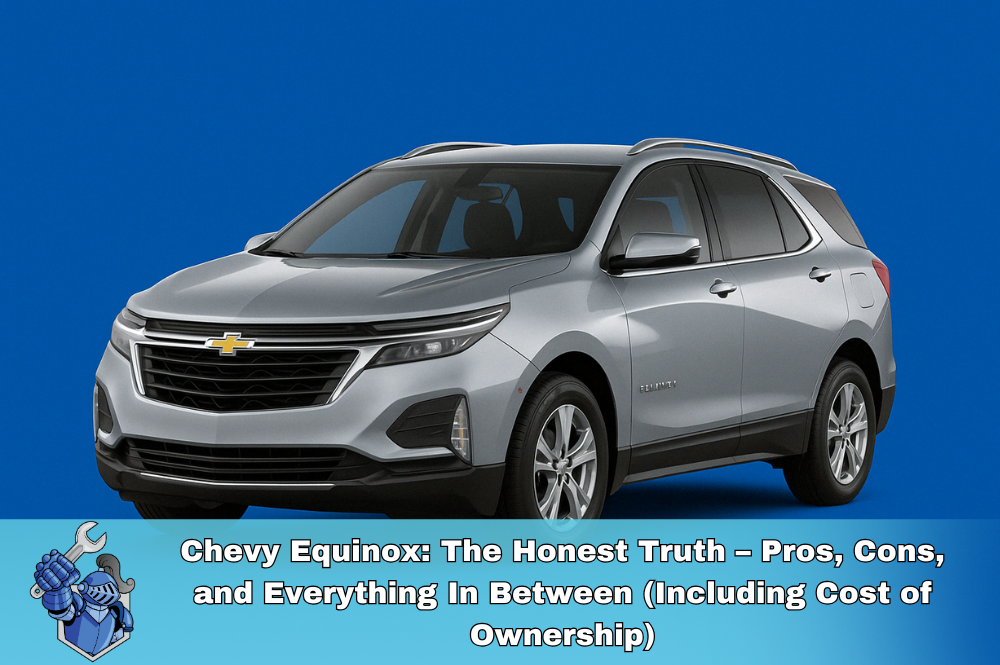Car leasing can be a great way to get behind the wheel of a new car every few years. But how exactly does car leasing work? In this blog post, we will cover the basics of car leasing, including the benefits, terms, costs, and what happens at the end of the lease.
What is a car lease?
A car lease is a contract between you and a leasing company. You agree to make monthly payments for a certain period of time, typically 24 or 36 months. At the end of the lease, you have the option to purchase the car for a predetermined price, return the car to the leasing company, or walk away.
Benefits of leasing a car
There are several benefits to leasing a car, including:
Lower monthly payments
Lease payments are typically lower than loan payments for the same car.
Drive a new car every few years
You can always have the latest model car by leasing.
No down payment
Most leases do not require a down payment.
Warranty coverage
Most leases include warranty coverage for the car.
Tax advantages
In some states, lease payments are tax-deductible.
Lease terms
The terms of a lease will vary depending on the leasing company and the car you choose. Some common terms include:
Lease term
The length of the lease, typically 24 or 36 months.
Residual value
The estimated value of the car at the end of the lease.
Money factor
A fee that is used to calculate the lease payment.
Mileage limitations
The maximum number of miles you can drive the car during the lease term.
Excess mileage charges
Fees you will be charged if you exceed the mileage limitations.
Credit score requirements
Most leasing companies require a good credit score in order to qualify for a lease. The specific credit score requirements will vary depending on the leasing company.
Costs associated with leasing
In addition to the monthly lease payments, there are other costs associated with leasing a car, including:
Acquisition fee
A fee that is charged at the beginning of the lease.
Disposition fee
A fee that is charged at the end of the lease.
Wear and tear charges
Fees you will be charged if the car is damaged beyond normal wear and tear at the end of the lease.
What happens at the end of the lease
At the end of the lease, you have three options:
- Purchase the car for the predetermined price.
- Return the car to the leasing company.
- Walk away.
If you choose to purchase the car, you will need to pay the residual value of the car, plus any excess mileage charges and wear and tear charges. If you return the car to the leasing company, you will need to make sure that it is in good condition. If you walk away, you will not be responsible for any additional charges.
Is it ever a good idea to lease a car?
Leasing can be a good option for drivers who want to drive a new car every few years, do not want to make a large down payment, and have good credit. However, leasing is not a good option for drivers who want to own their car at the end of the lease, plan on driving a lot of miles, or have poor credit.
What are 3 cons of leasing a car?
- You do not own the car at the end of the lease.
- You are limited to the number of miles you can drive.
- You may be charged excess mileage charges and wear and tear charges.
What is the 1 rule in car leasing?
The 1 rule in car leasing is to read the lease agreement carefully before signing it. The lease agreement will outline all of the terms and conditions of the lease, including the monthly payment, the lease term, the mileage limitations, and the excess mileage charges.
Is leasing a car a waste?
Whether or not leasing a car is a waste depends on your individual needs and circumstances. If you want to drive a new car every few years and do not want to make a large down payment, then leasing may be a good option for you. However, if you want to own your car at the end of the lease, plan on driving a lot of miles, or have poor credit, then leasing is not a good option for you.
FAQ
What are the benefits of leasing a car?
There are several benefits to leasing a car, including:
- Lower monthly payments
- Drive a new car every few years
- No down payment
- Warranty coverage
- Tax advantages
What are the terms of a lease?
The terms of a lease will vary depending on the leasing company and the car you choose. Some common terms include:
- Lease term: The length of the lease, typically 24 or 36 months.
- Residual value: The estimated value of the car at the end of the lease.
- Money factor: A fee that is used to calculate the lease payment.
- Mileage limitations: The maximum number of miles you can drive the car during the lease term.
- Excess mileage charges: Fees you will be charged if you exceed the mileage limitations.
What are the credit score requirements for leasing a car?
Most leasing companies require a good credit score in order to qualify for a lease. The specific credit score requirements will vary depending on the leasing company.
What are the costs associated with leasing a car?
In addition to the monthly lease payments, there are other costs associated with leasing a car, including:
- Acquisition fee: A fee that is charged at the beginning of the lease.
- Disposition fee: A fee that is charged at the end of the lease.
- Wear and tear charges: Fees you will be charged if the car is damaged beyond normal wear and tear at the end of the lease.
What happens at the end of the lease?
At the end of the lease, you have three options:
- Purchase the car for the predetermined price.
- Return the car to the leasing company.
- Walk away.
Is it ever a good idea to lease a car?
Leasing can be a good option for drivers who want to drive a new car every few years, do not want to make a large down payment, and have good credit. However, leasing is not a good option for drivers who want to own their car at the end of the lease, plan on driving a lot of miles, or have poor credit.
What are 3 cons of leasing a car?
- You do not own the car at the end of the lease.
- You are limited to the number of miles you can drive.
- You may be charged excess mileage charges and wear and tear charges.
What is the 1 rule in car leasing?
The 1 rule in car leasing is to read the lease agreement carefully before signing it. The lease agreement will outline all of the terms and conditions of the lease, including the monthly payment, the lease term, the mileage limitations, and the excess mileage charges.
Is leasing a car a waste?
Whether or not leasing a car is a waste depends on your individual needs and circumstances. If you want to drive a new car every few years and do not want to make a large down payment, then leasing may be a good option for you. However, if you want to own your car at the end of the lease, plan on driving a lot of miles, or have poor credit, then leasing is not a good option for you.
Additional resources
Back to NobleQuote Learning Center
Suggestions for you
Read MoreLet’s work together
Every week we showcase three charitable organizations that our donations are sent to. Our clients are able to choose which of these three will receive their gift when they add coverage to their vehicle...




